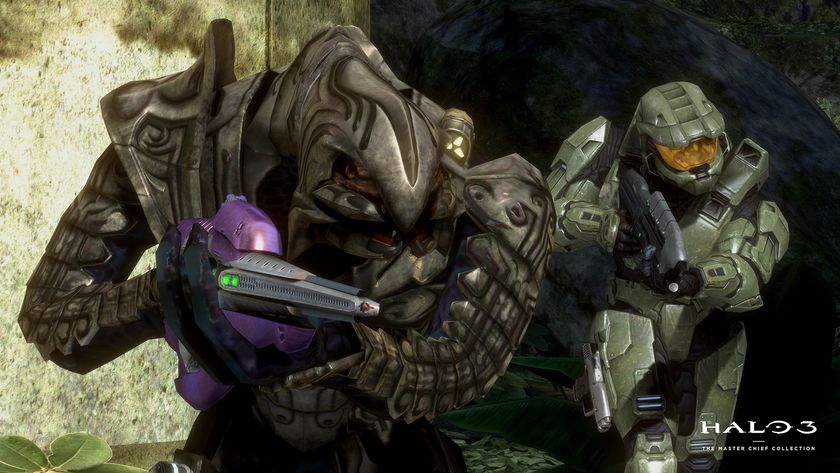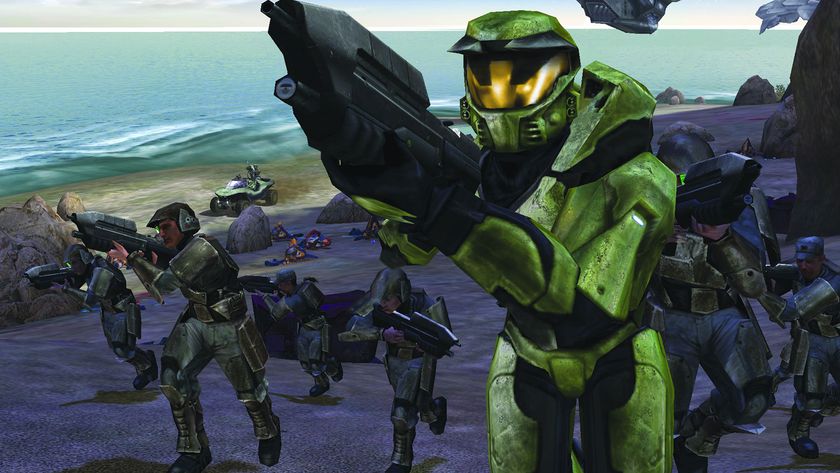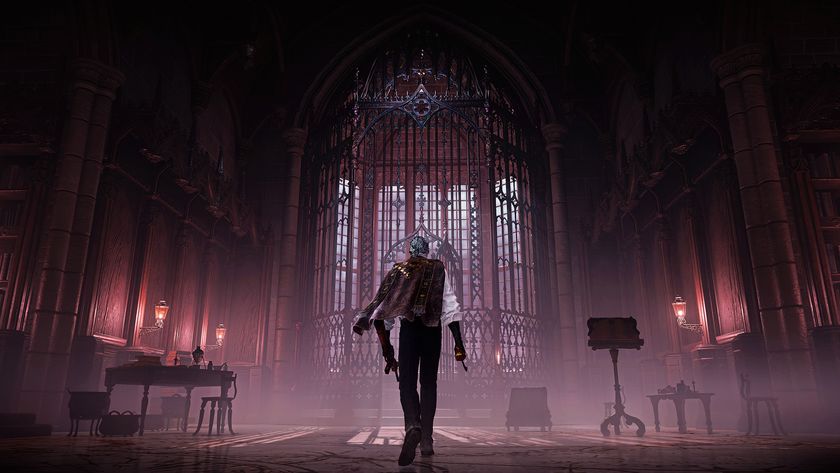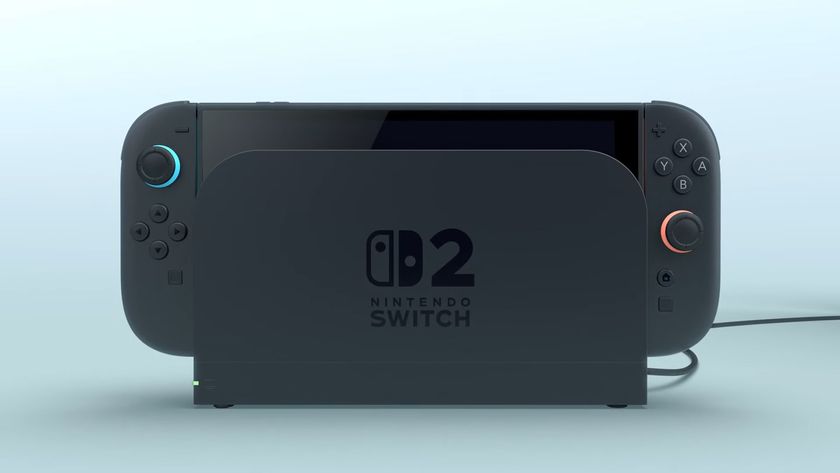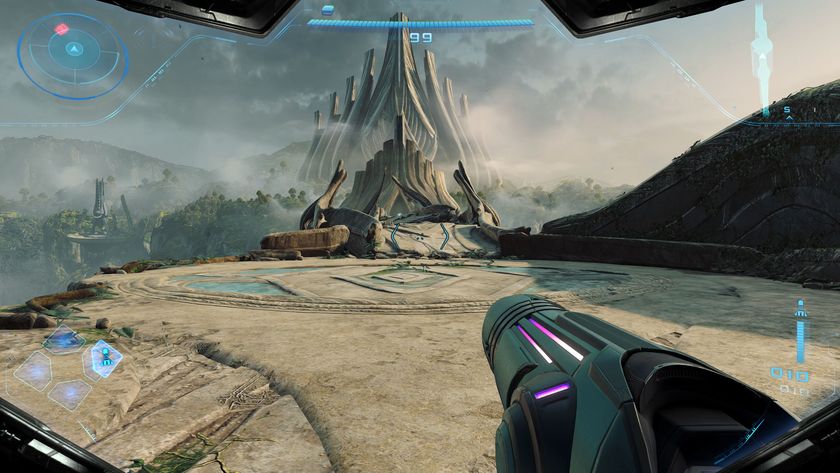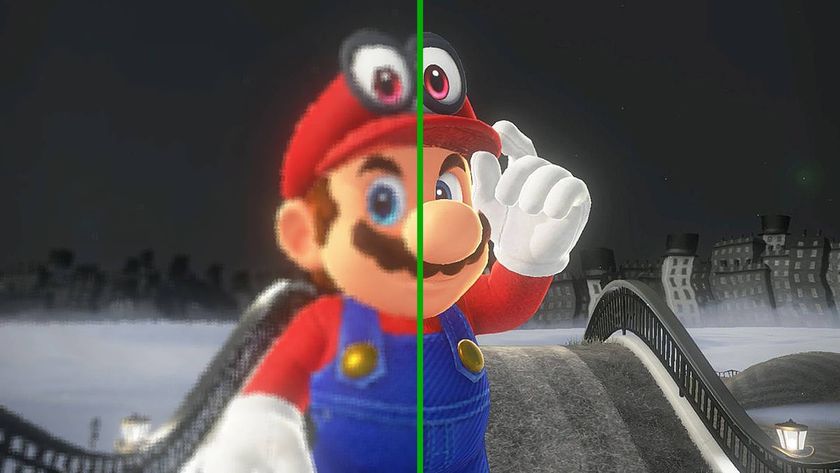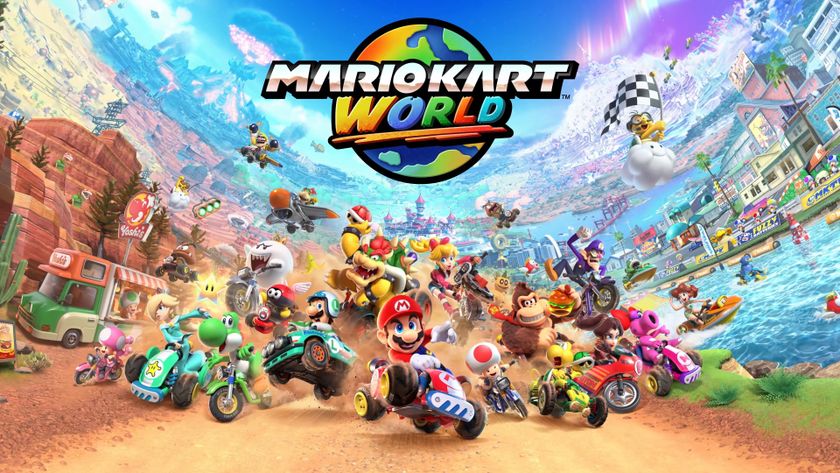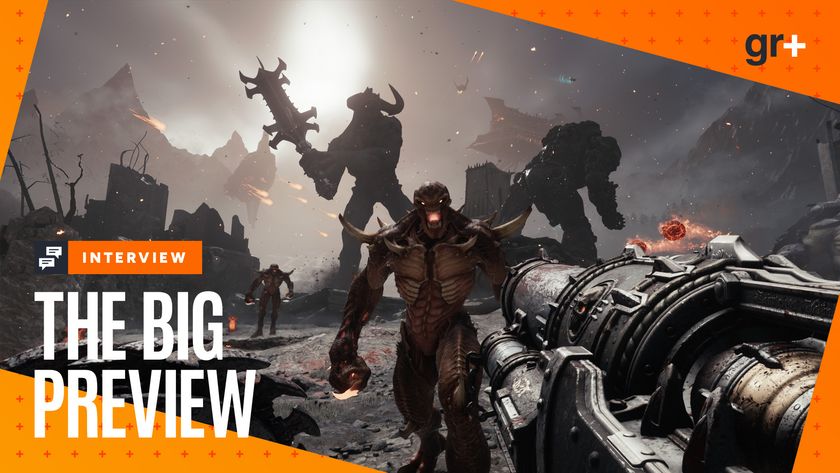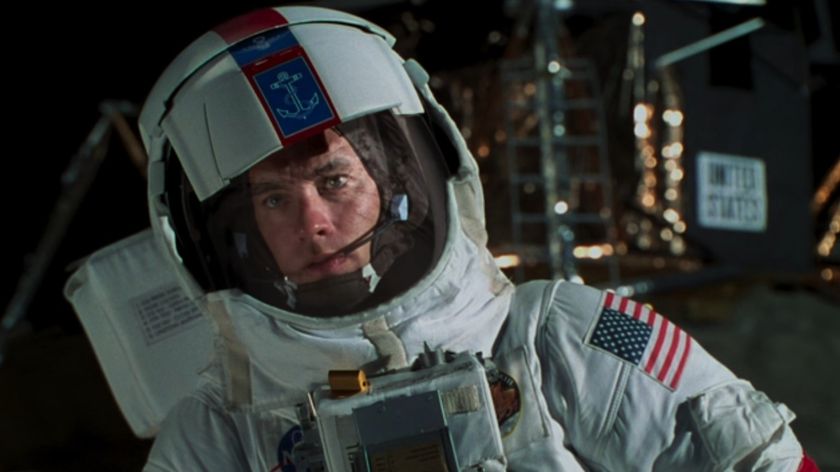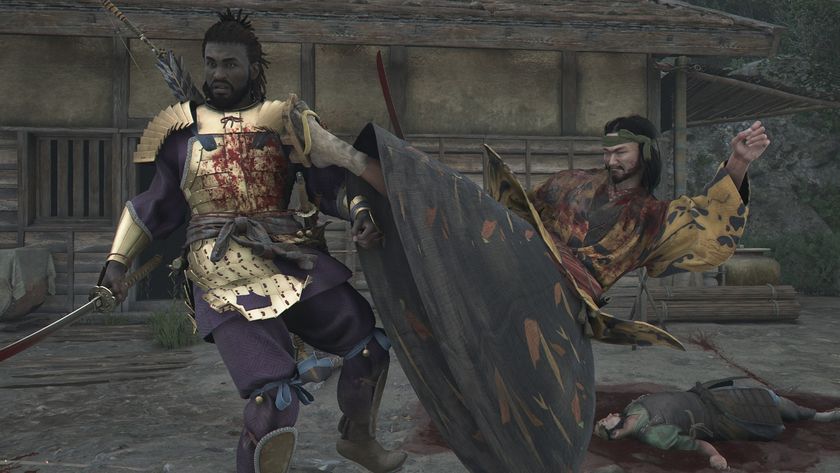How Xbox One X emulation technology is helping to resurrect the last two generations of Xbox classics in 4K
How good forward planning and the 'Heutchy Method' allow Microsoft to upscale their classic Xbox games in 4K

Father Time hates technology. Whereas great books and paintings can have everlasting appeal, the passing years often ravage tech-driven industries. Unless you’re dealing with Jurassic Park, almost any ‘90s blockbuster will now singe your eyes with cringe thanks to shoddy CGI. Purists might disagree, but those 15-year-old games that looked amazing on your tiny 14-inch CRT TV now run at such low resolutions they’re virtually unplayable. That’s why backwards compatibility on Xbox One – and Xbox One X, in particular – is such a big deal. Since Microsoft cracked the emulation tech in 2015, it’s committed to making its current consoles hubs for celebrating Xbox’s rich history. And now, with the arrival of the Xbox One X, select Xbox and Xbox 360 titles have been revitalised in Ultra HD. How does Xbox's backward-compatibility work? We outline the tech, in Microsoft's words, below and sift through the Xbox One backward compatible games list to find the best upscaled Xbox games available to play today. Of course, if you need some gear to play all these games, be sure to check out our list of the best Xbox One accessories.

Subscribe to Official Xbox Magazine in print or digital for more in-depth features, reviews and previews about Xbox One, Xbox One X and the future of Microsoft's console.
It may surprise you, but the lion’s share of Xbox One’s backwards compatibility (be it S or X) is handled by software, not the machine itself. “In order to make this happen, which we didn’t think was initially possible, we went ahead and built a virtual [Xbox] 360 entirely in software,” Bill Stillwell, who is a Microsoft platform lead, told Larry ‘Major Nelson’ Hryb on the Xbox icon’s YouTube show. “We then take old 360 games and run them in the emulator.” In essence, the process isn’t a million miles removed from those PC programs that allow you to play old 16-bit-games on your laptop. Um, not that we’ve ever done anything like that... *cough*.
How does Xbox's software emulation work?
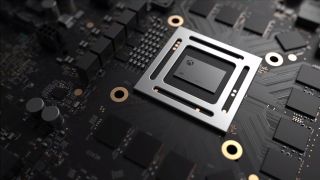
Of course, the process of getting original Xbox and 360 titles to run on Xbox One or Xbox One X is a little more bespoke than that. “Basically, we have a VGPU – or an Xbox 360 GPU that we’ve recompiled into x86 – and we run the entire 360 OS stack,” Stillwell tells Digital Foundry. If that all sounds terribly techy, the bottom line is this: your Xbox One basically thinks it’s an original Xbox or 360 when you fire up that retro gem. “We take each game, we recompile it so that it runs, but basically we’re running it still in a 360, and the team goes through the game with multiple passes.”
That’s not to say your beloved shiny white/ matte black console entirely has its feet up when it comes to the hardware side. Thanks to some canny forward planning that happened when the Xbox One was in the R&D stage as early as 2011, engineers tweaked the console’s innards to ensure that one day, way down the line, backward-compatibility would eventually be possible.
How Microsoft planned for the future in the past
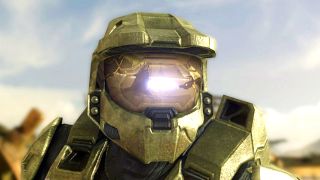
“This was primarily a software exercise, but we enabled that by thinking ahead with hardware,” Kevin Gamill tells IGN. At that time, Gamill was in charge of the complicated sounding Xbox core platform program manager, and it was his team that played a big part in planting the early seeds for making Xbox One backwards compatibility possible. “We had to bake some of the backwards compatibility support into the [Xbox One] silicon.” Considering the first back-compat 360 games didn’t hit Xbox One until 2015, that’s mightily impressive foresight.
As for Xbox One X, Microsoft utilises a process called the Heutchy Method – named after software development engineer Eric Heutchy – to ensure some of your favourite last-gen games now run at 4K. Providing the game has been patched to support Xbox One X enhancements, this method introduces a 9x resolution boost, while also allowing for expanded colour detail. “When the game renders to its original render target, our virtual 360 GPU recognises the dimensions and scales up the render target,” Bill Stillwell tells Digital Foundry. “Effectively we then have a high resolution copy of the asset stashed in Xbox One memory.” So long, 720p sadness.|
"Xbox One X runs an ever expanding library of classic Xbox games at vastly increased pixel counts compared to original hardware"
That all laid the groundwork for where we are now: a 4K-capable Xbox that runs an ever expanding library of old games at vastly increased pixel counts compared to original hardware. At time of writing, nearly 40 games spanning the first two generations of Xbox can now be enjoyed in Ultra HD – we round up our eight favourites over the page. In all cases, these newly polished up titles benefit from clever emulation tricks, which provide each game with 16x anisotropic filtering and forced vsync to eliminate screen tear.
Given the jump from 720p to 2160p on compatible 360 Xbox One X Enhanced titles, the fact Microsoft hasn’t once changed a single line of code in any of these titles is pretty remarkable. The world’s most powerful console boasts such raw horsepower, all those burly ponies can push out the level of detail in Halo 3, while also fixing frame- pacing issues that plagued the game while running on 360. Outside of agreeing licensing terms with Microsoft, so the backward- compatibility process can be greenlit, the original studios behind these titles don’t have to lift a finger.
Sign up to the GamesRadar+ Newsletter
Weekly digests, tales from the communities you love, and more
Scaling games from 480p to 1920p is possible
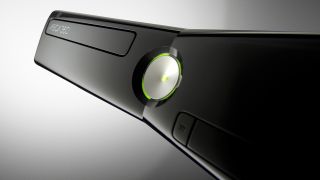
It’s no wonder developers have been blown away with how much extra life Xbox One X can breathe into decade-old games. “It’s been genuinely startling to see how it looks,” says Frank O’Connor in an interview with IGN, the Halo franchise development director clearly delighted with the freshly 4K Master Chief results.
As for the OG Xbox, this Heutchy Method leads to even more colossal visual upgrades. Such drastic improvements can be readily seen in the likes of the now 13-year-old Conker: Live & Reloaded. When it was first released, the expletive-loving rodent’s platformer ran at 480p, but with the power of Xbox One X and that brilliant emulator, it now runs at a native 1920p; a seismic leap that essentially represents a 16x boost in resolution. Sure, it’s not quite full-fat 4K, yet only the most eagle-eyed obsessives would spot the slight disparity. As a plus for launch model Xbox One or Xbox One S owners, all original Xbox back- compat titles run at 4x resolution, bringing them up to a still impressive 920p, something confirmed by former director of Xbox console marketing, Albert Penello.
"Why pay £40 for a 1080p redux when the Xbox One X is capable of running last-gen games at 4K?"
The fact that Microsoft isn’t asking you to pay a penny for any of these upgrades shouldn’t go uncelebrated. Provided you already own the original disc version or a digital copy – many of the X-enhanced Xbox and Xbox 360 titles are available on the Microsoft Store – these Ultra HD upgrades won’t cost you a thing. Who knows, Microsoft’s amazing emulator may even lead to less cynically churned-out remasters. After all, why pay £40 for a 1080p redux when the Xbox One X is capable of running last-gen games at 4K, with the added bonus that it smooths out most games to a rock-solid 30fps?
The about-turn from Microsoft from when Xbox One was initially announced in spring of 2015 to now is as surprising as it is heartening. Where playing 360 games on Xbox One once looked completely off the table, the Big M has instead doubled down on ensuring all Xbox One owners can relive an increasingly expanded library of past greats. And for those lucky enough to own an Xbox One X, seeing classics like Red Dead Redemption and Crackdown in Ultra HD truly is 4K-ing amazing.
Want to know which upscaled Xbox games work best? Our eight favourite backward compatible classic games are over the page
- 1
- 2
Current page: Xbox One X Backward Compatibility
Next Page Our favorite Xbox One X patched titles
David has worked for Future under many guises, including for GamesRadar+ and the Official Xbox Magazine. He is currently the Google Stories Editor for GamesRadar and PC Gamer, which sees him making daily video Stories content for both websites. David also regularly writes features, guides, and reviews for both brands too.
